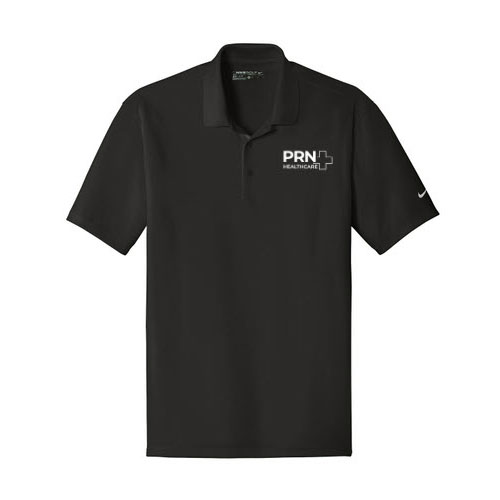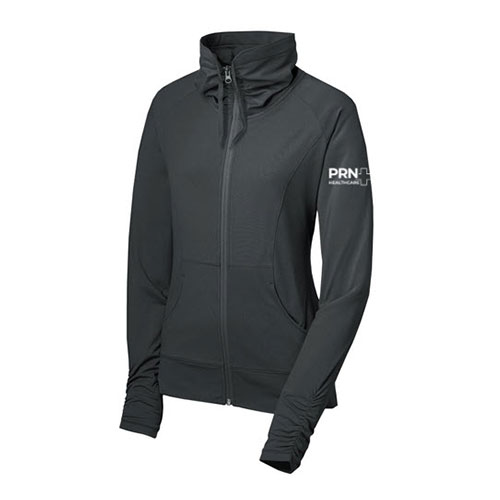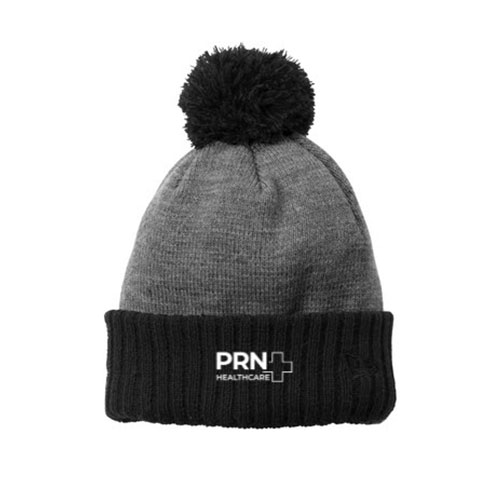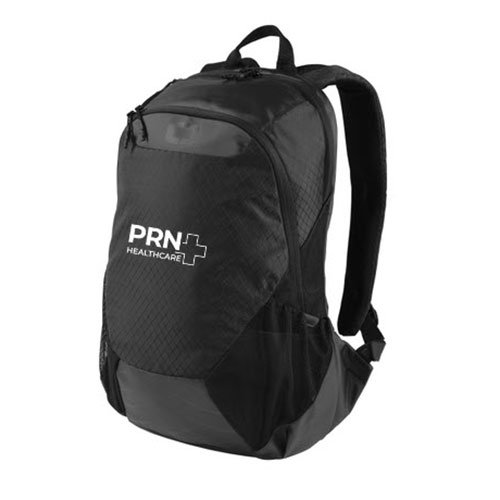The patient is the number one concern of the healthcare system, but a close second should be the nurse’s health. If a nurse is unable to perform their duties to their fullest then a patient isn’t getting the best possible care. One of the many health concerns for nurses is leg and foot pain. Nurses will spend the majority of their day on their feet taking care of patients. Pain in the feet and legs can range from minor to severe and can even have other side effects. Two words…compression socks.
If you are experiencing pain in these areas then compression socks might be the answer for you. Compression socks can help if you are experiencing swollen ankles, thrombosis, phlebitis, leg edema, back pain, or varicose veins. Plus, over time chronic pain is shown to cause fatigue and a decrease in alertness. These two side effects are unquestionably bad for nurses.
How Do Compression Socks Work?
As your body pumps blood throughout your entire body, gravity affects how quickly blood is pumped out of your legs. Blood can end up pooling in your calves and feet leading to pain and cramps. Over time this can lead to the conditions mentioned above. Compression socks work by using stronger elastic and putting pressure on your legs, ankles, and feet. The stronger elastic increases arterial pressure, which improves blood flow.
Types of Compression Socks and Recommended Type for Nurses
These socks are available in a variety of tightness’s depending on your needs or the ailments you have. The tightness or pressure is measured in mmHg or millimeter of mercury. The higher the number the tighter it is. Because of how often a nurse is on their feet it’s recommended they search out compression socks for nurses that are between 10 and 15 mmHg. Make sure you stick to the recommended mmHg. Going higher will not offer faster results and you will more than likely find them uncomfortable to wear. If you have already noticed spider veins the recommended mmHg is 18.
To Buy or Not to Buy…
Another thing to consider when weighing the decision to buy the socks or not, are that taking periodic breaks to sit down and rest do not outweigh the damage that is caused from being on your feet for long periods of time. Also, many manufacturers are releasing more and more fashionable compression socks for nurses. This means that you don’t have to be stuck with something boring if you do not want to. If you’re a nurse out there that is experiencing constant leg or foot discomfort, then consider investing in a few pairs of compression socks. Your overall health and happiness at home and work are at stake.
Conversing about nursing




